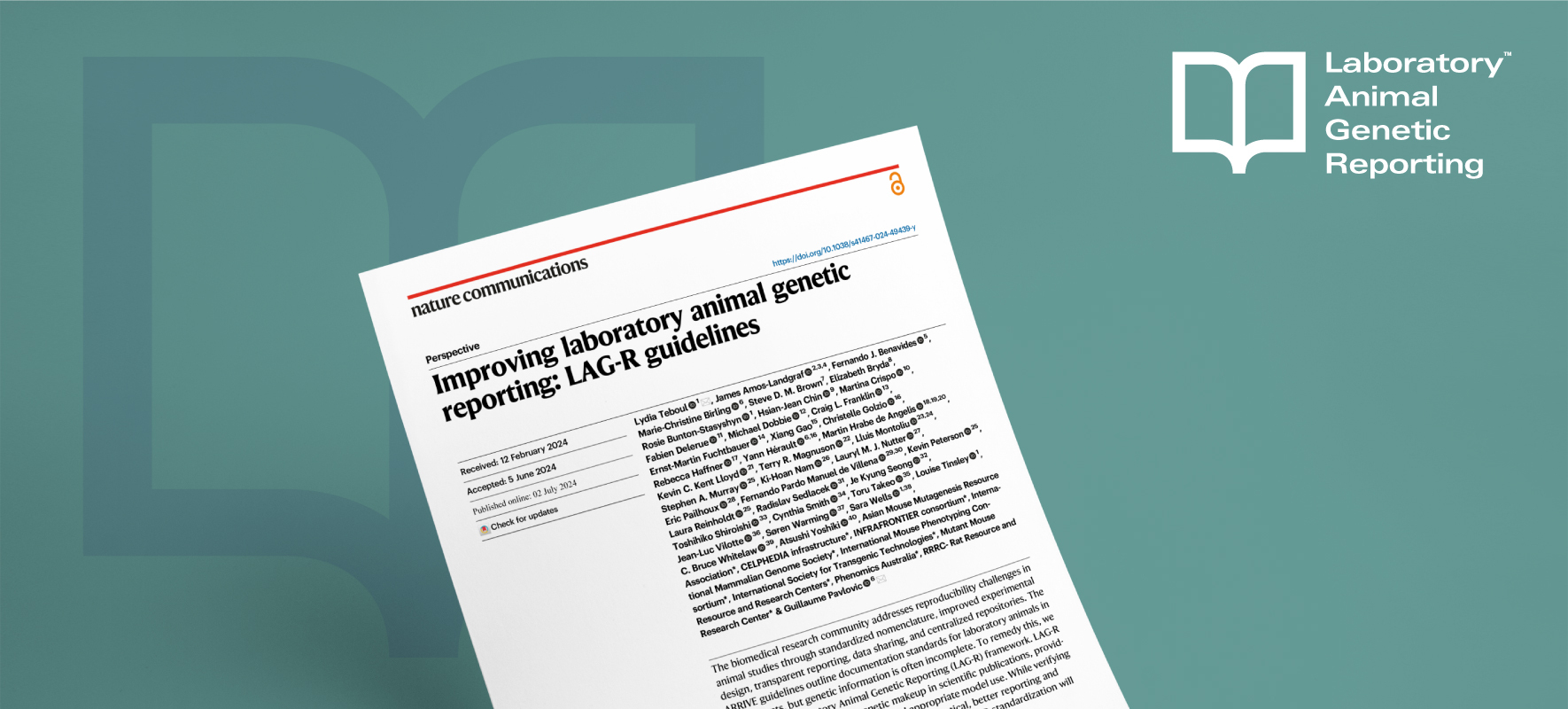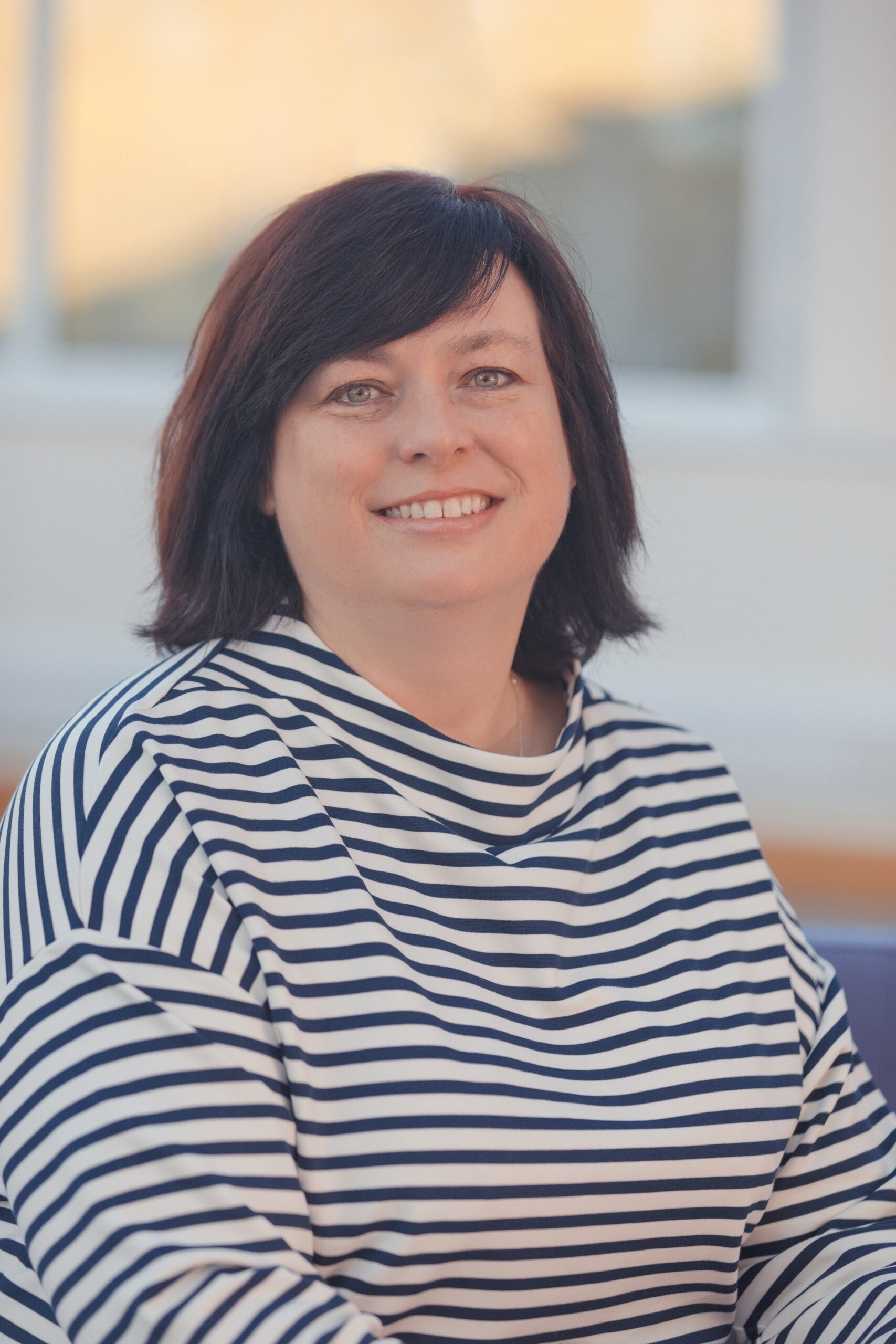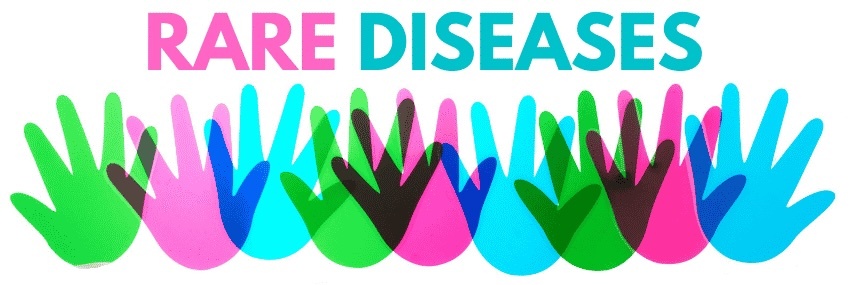On the weekend of the 7th June 2014, MRC Harwell volunteers joined other MRC units to man our stand at the Cheltenham Science Festival, one of the biggest science festivals in the country.
Cheltenham Science Festival Fun On the weekend of the 7th June 2014, MRC Harwell volunteers joined other MRC units to man our stand at the Cheltenham Science Festival, one of the biggest science festivals in the country. The Times Cheltenham Science Festival attracts all the stars of science, be they eminent professors or TV presenters, and the 2014 programme was dotted with famous names. Through talks, workshops and stands, the festival provides a wonderful chance for scientists to explain their research to the public, and attracts visitors from miles around. This year, the MRC stand was located in the Explore Zone, an area designed to cater for adults as well as kids. Away from the chaos of the Discover Zone, it provided a more relaxed scene for visitors to find out more about our work. Our volunteers from Harwell joined others from Oxford and Cambridge to man our stand on 7-8 June 2014, the final weekend of the festival. Our stand focussed on MRC research into dementia. Dementia comes in many forms, the most common of which is Alzheimer’s disease. The hallmarks of this disease are the formation of amyloid plaques and tau tangles in the brain, which can be seen under the microscope post-mortem. These are thought to cause the cell death that occurs in certain brain areas, particularly those responsible for memory, resulting in large empty spaces within the brain. The problem with this method of diagnosing Alzheimer’s disease, of course, is that it is all much too late. While other tests, which measure memory function and other traits of dementia, do exist, they rely on subjective measures and it can take a long time to reach a diagnosis. The MRC is therefore funding research to look into the possibility that brain scans could be used to help diagnose the early signs of Alzheimer’s disease. One of the researchers studying this designed an activity for people at the festival to try based on her own work. In her study, the participant sits under the scanner, just as someone having a perm would, and their brain activity is measured while they complete a task. One task is to watch a slideshow of images, each with a smaller image inserted in it, and identify when a particular slide is repeated. The repeated slides had a subtle difference – the smaller image was in a different position the second time – which, if the first slide was remembered, produced a change in the person’s brain waves. It was designed to test the hypothesis that people with Alzheimer’s disease would not remember the first slide and therefore their brain would not register the change. People at the festival were asked to try the same task (minus the scanner) and asked if they noticed anything odd. The volunteer then explained how it was used in the study, showing pictures of the brain scanner and an example of the results from it. Our other activity was more hands-on. We had four pairs of googles that had been modified so that the person’s vision was skewed about 30 degrees to the left. They then had to try to complete a task; throw a ball into a bucket, try to shake hands with another person wearing the goggles, repeatedly touch the tip of a pen. It was surprisingly difficult, but after a few tries they gradually became better at it, learning to adapt to their distorted sight. But if you then suddenly remove their googles, they missed the bucket or the tip of the pen, before their brain had a chance to adjust back. While this was all good fun, it had a serious message; your brain just adapted to a new situation, but in Alzheimer’s disease people lose that ability, that flexibility of the mind. Overall the festival was a great success, with a constant flow of visitors, who walked away knowing a little more about the MRC’s dementia research than they did when they arrived.


